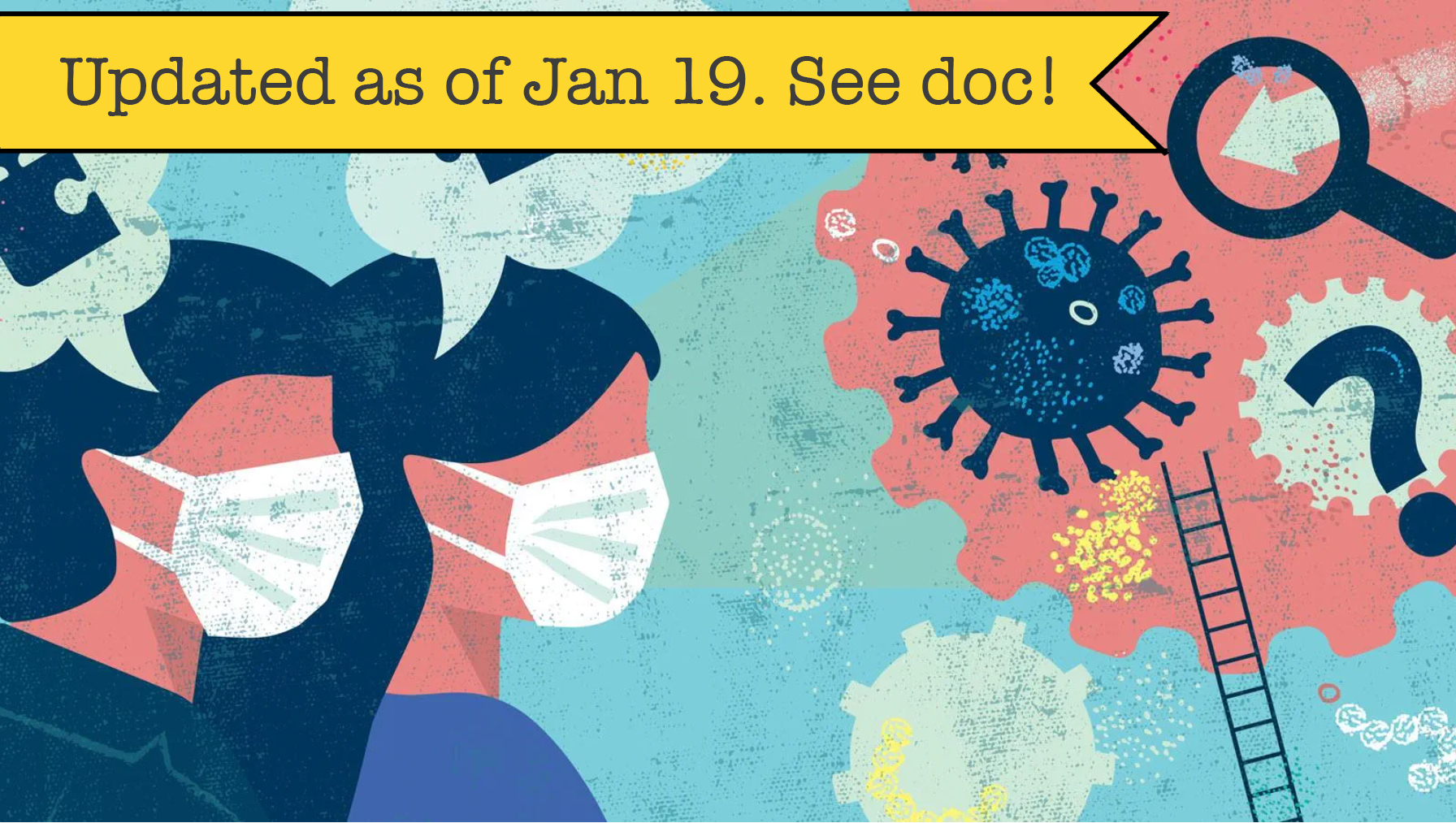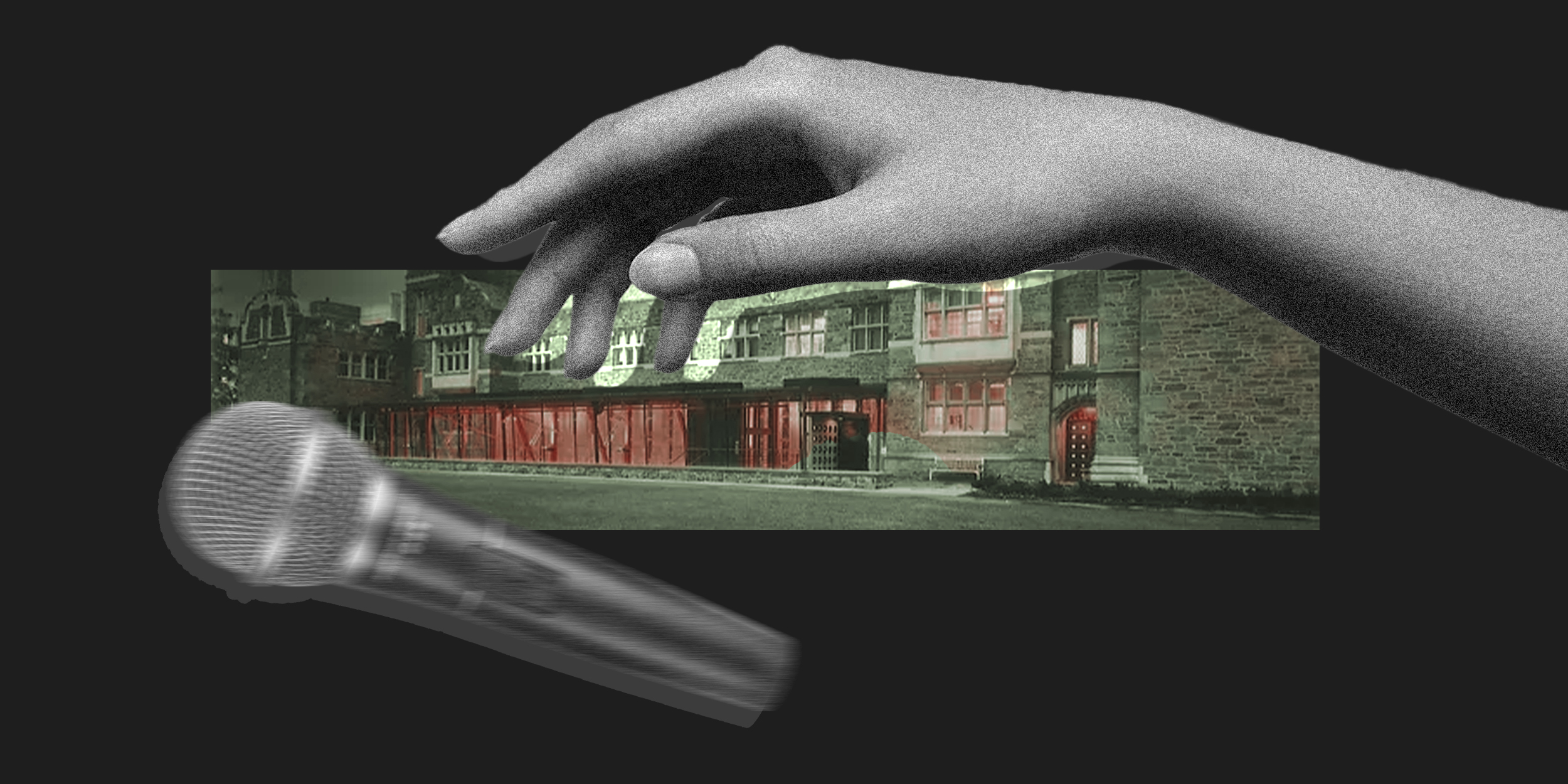By Viviana Freyer, Staff Editor
With COVID-19 still affecting our daily social interactions, life at Bryn Mawr is a shell of what it used to be. Staples like Parade Night, Fall Frolic, and First-Year Customs are no longer possible. However, we won’t be finding any guidelines from the health center on sexual assault. Even with significantly restricted student interaction and movement, sexual assault remains at the underbelly of campus life. Our new normal demonstrates that college sexual assault does not just stem from a traditional campus atmosphere, but because of a fundamental, insidious rape culture.
Discourse surrounding college sexual assault often places blame squarely on party culture. The logic goes that assault will inevitably happen if vulnerable, intoxicated students congregate in large sums. Therefore, if parties are no longer permitted, on-campus sexual assault should wholly cease. Of course, this will not happen. We have already seen students breaking guidelines at Bryn Mawr and on campuses across the country. And while case numbers may decrease, sexual assault happens when one of the parties involved neglects consent. This is not contingent on drinking or partying, and a college environment where both of these factors are reduced will prove just that. If anything, the current circumstances will illuminate the intrinsic connection between college campus culture and sexual violence.
The sexual assault discourse directly affects the community here at Bryn Mawr. For one, BMC has a particularly vulnerable population. Sexual assault does not just happen between a cisgender, heterosexual man and woman (in fact, the LGBTQ+ community is disproportionately affected by sexual assault). So, on a microcosmic level, I restate my point. Fewer parties and social gathering may reduce sexual assault cases at Bryn Mawr, but they will not disappear.
Even if sexual assault was only perpetrated by cis men, part of Bryn Mawr’s distinctness is its collaboration and socialization with neighboring coeducational institutions. So, on a larger scale, we should also expect to see a drop in cases involving cisgender men since we have limited our interactions with them. Still, neither a pandemic nor isolation from the opposite sex will completely eliminate sexual assault. That can only come with consent education and cultural change.
I am not arguing that the pandemic is a good thing. As a first-year, I mourn the college experience I was promised: traditions; exploring a new city; spending time with friends free of anxiety or guilt. Yet, sexual assault is another reality of the college experience women prepare for. We buy pepper spray, walk in packs, and keep watch of our drinks at all times. Warnings to “stay safe” in college, especially coming from other women, carry a certain unspoken weight.
The first aspects of campus life I mentioned are gone, at least for now, but what about the others? I won’t attend any parties this semester, but the pepper spray remains in my bag. And though we can’t hang out in big groups, I rarely walk alone. So in a way, I suppose I still retain a sense of what life would have been like without a pandemic ravaging my freshman year.
Life will look very different for the foreseeable future, but sexual assault cannot be prevented in the way closing movie theaters prevents the spread of COVID. But while it’s easy to miss, we can’t pretend pre-COVID life was perfect. Now is when we should think of how we can change for the better.
At the end of the day, nothing will stop sexual assault but our own choices. We should pledge to reflect on the toxicity of our former campus culture while educating ourselves on consent and bystander intervention so that we can create a safer environment for everyone. Just as we hope to once again attend college without the paranoia of COVID, let’s work to also rid the college experience of paranoia surrounding sexual assault.
Image credit: Bryn Mawr College




